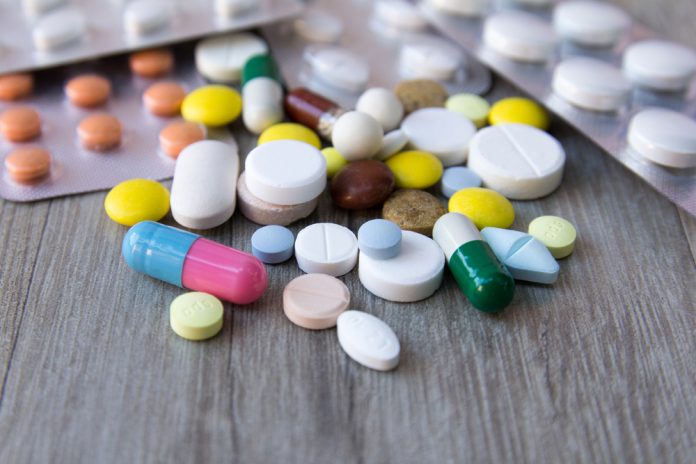UK competition authorities have accused the Canadian drug firm Concordia (TSE:CXR) of overcharging the NHS by 5,500 percent for a life-changing thyroid drug.
The Competition and Markets Authority are cracking down on the “price gouging” seen by pharmaceutical companies. The average price paid for a pack of liothyronine rose from £4.46 in 2007 to £258.19 by July 2017.
“Pharmaceutical companies which abuse their position and overcharge for drugs are forcing the NHS – and the UK taxpayer – to pay over the odds for important medical treatments,” said CMA chief executive, Andrea Coscelli.
“We allege that Concordia used its market dominance in the supply of liothyronine tablets to do exactly that.
“At this stage in the investigation, our findings are provisional and there has been no definitive decision that there has been a breach of competition law. We will carefully consider any representations from the companies before deciding whether the law has in fact been broken.”
Liothyronine is one of the few drugs available to treat hypothyroidism – an illness caused by hormone deficiency. Until earlier this year, Concordia was the only pharmaceutical company that supplied the drug. The condition affects two of every 100 people.
The CMA is also investigating the pricing of two further drugs supplied by the Canadian company. They have deemed to be “not an administrative priority” at the moment.
Concordia has denied breaking any laws but said they would look at the CMA’s findings.
“We do not believe that competition law has been infringed. The pricing of liothyronine has been conducted openly and transparently with the Department of Health in the UK over a period of 10 years. Over that time, significant investment has been made in this medicine to ensure its continued availability for patients in the UK, to the specifications required by the Medicines and Healthcare products Regulatory Agency in the UK,” said Concordia.
This is not the first time the CMA has had to deal with price hikes to the NHS. Last year, they fined Pfizer and Flynn Pharma almost £90 million – after they increased the price charged to the NHS for a drug by almost 2,600 percent.

